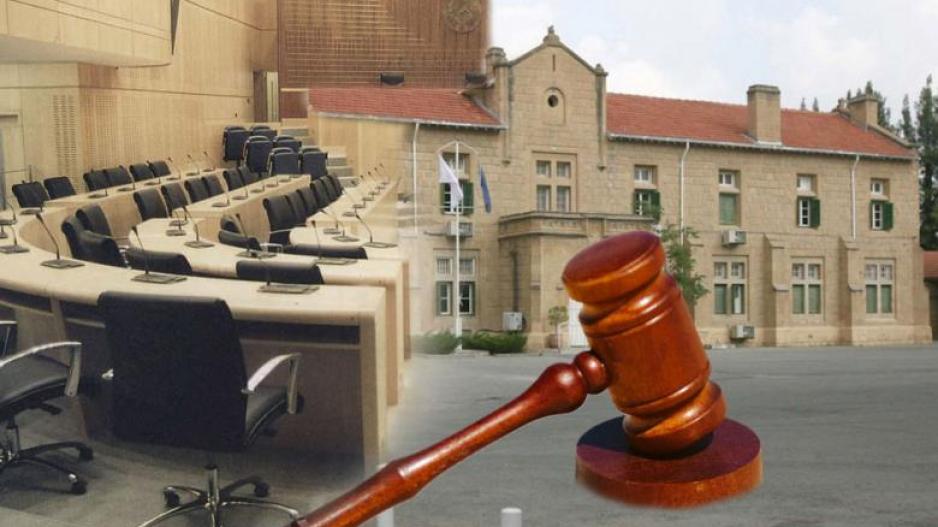Justice Reform Remains Incomplete as District Court Changes Stall
Lawmakers Discuss Implementation Issues, Infrastructure Gaps, and Pending Judicial Appointments
The justice reform, which came into effect on July 1, 2023, was expected to modernize Cyprus's judicial system significantly. Nearly two years later, gaps remain, particularly in the reform of first-instance courts, such as the District Courts.
As Offsite reports, today, March 5, the House Legal Affairs Committee, following an initiative by AKEL MPs Aristos Damianou, Andreas Pasiourtides, and Giorgos Koukoumas, will discuss the progress of the reform in the higher judicial tier.
>>Cyprus Bar Association: No Substantial Judicial Reforms Have Taken Place<<
MPs will seek a comprehensive update on the functioning of the higher courts following the reform. Their primary concerns include significant delays and procedural difficulties in first-instance proceedings, which continue to burden the public. According to AKEL MP Aristos Damianou, one of the topic's proponents, these challenges remain unresolved.
Additionally, several courts, particularly in Nicosia, suffer from severe infrastructure deficiencies and staffing shortages. The Nicosia District Court, for example, faces critical deficiencies in its facilities—damaged walls, creaking floors, leaking ceilings, drafty windows, and peeling paint. Although the necessary renovations have been included in the 2025 budget, if work begins as planned, completion is not expected before 2030.
The discussion in Parliament will also cover the key changes introduced by the reform, including the establishment of the Court of Appeal. This court now handles appeals from all courts within the Republic, except for the Supreme Court and the Supreme Constitutional Court.
The newly enacted laws also empower the Court of Appeal to hear appeals against decisions from the Administrative Court, the Rent Control Court, the Commercial Court, and the Admiralty Court.
MPs will also request updates on the operational status of the Admiralty Court and its expected launch date. Under Article 18(2) of the law passed in May 2022, the court will be composed of two judges appointed by the Supreme Judicial Council.
The Admiralty Court is expected to handle maritime disputes that have long remained unaddressed due to the absence of judicial procedures. These cases include:
- Violations of maritime contracts
- Claims against shipping companies
- Cases involving ships causing atmospheric pollution
- Thefts occurring on vessels
- Sanctions against seafarers that previously went unenforced
Despite the justice reform, the planned establishment of a Commercial Court remains uncertain due to a shortage of judges. Although the law creating this specialized court was passed as part of the judicial reform, its implementation is unlikely in the coming months.






